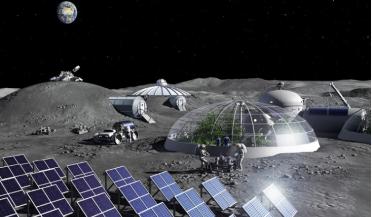 October 2023
The multidisciplinary world of space habitation design
October 2023
The multidisciplinary world of space habitation design
... in-orbit and surface infrastructures, with particular regard to human factor issues for deep-space crewed missions. The new modules for deep-space missions will exploit the background and knowledge developed in the design and construction...
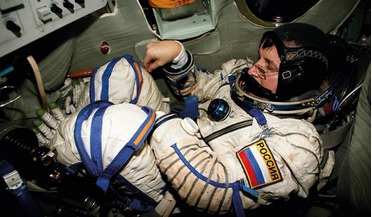 June 2015
Training space tourists to fly to the ISS at the Gagarin Centre
June 2015
Training space tourists to fly to the ISS at the Gagarin Centre
... main organisational and methodological challenges of training non-professional cosmonauts involve selecting members of a particular space crew, planning the training, preparing source data for training, identifying the types and levels of training...
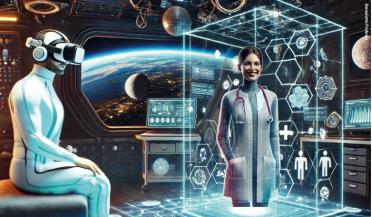 October 2024
Revolutionising space medicine and global health through virtual and augmented reality
October 2024
Revolutionising space medicine and global health through virtual and augmented reality
...use and operate with minimal (or even zero) human input. The Metaverse offers a creative way to assist space crews in diagnosing, assessing and treating spaceflight-associated medical conditions. It also has additional capabilities as a training tool...
 May 2017
Growing plants without gravity
May 2017
Growing plants without gravity
... and data obtained on root moisture levels during these space experiments provided the necessary information to allow astronauts to ...that can become part of life support systems for future space crews. The authors would like to extend their thanks to...
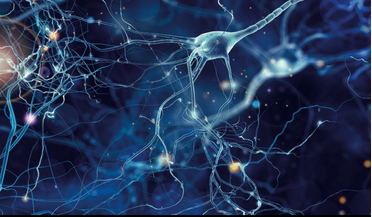 October 2020
Microgravity and its effects on the human brain
October 2020
Microgravity and its effects on the human brain
... (Roberts, Seidler, Stahn & Wuyts, September 2020) about the need to streamline the MRI scans of all future space crews, regardless of to which agency they belong, ESA, NASA, Roscosmos, etc. Indeed, to further elucidate the underlying mechanisms...
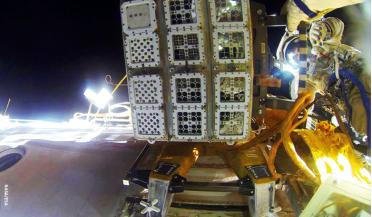 September 2023
How microorganisms survive space travel
September 2023
How microorganisms survive space travel
..., O.I.Orlov, Yu.A.Morozova, M.A.Skedina, S.K.Vladimirov, E.V.Plotnikov, A.A.Artamonov. Prognostic model for bacterial drug resistance genes horizontal spread in space-crews Acta Astronautica.Volume 190, January 2022, Pages 388-394.